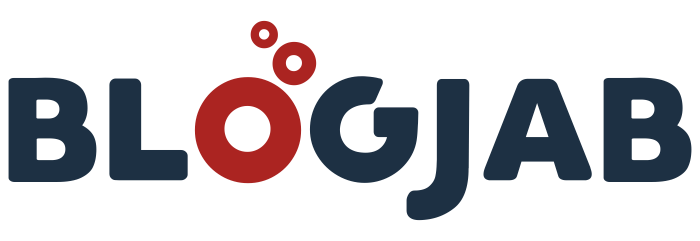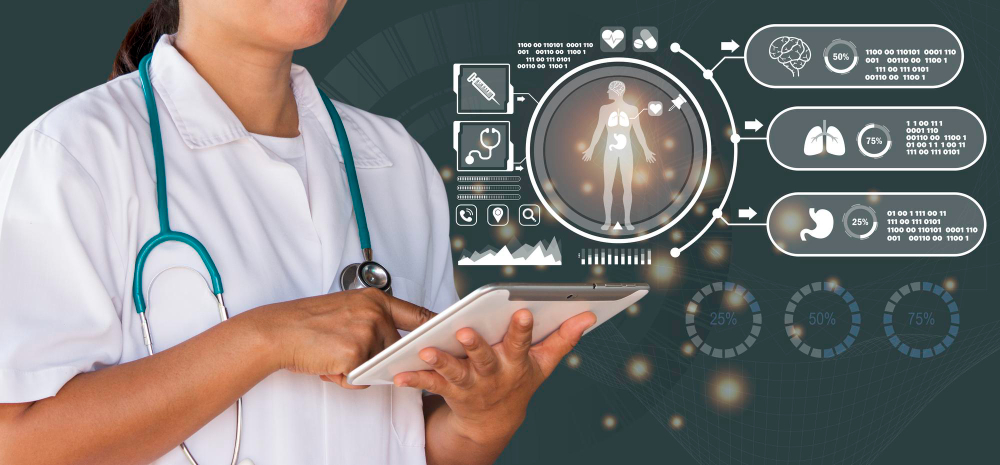Table of Contents
Introduction:
Medical education plays a crucial role in producing competent and skilled healthcare professionals who can meet the evolving needs of patients and the healthcare system. As the world rapidly advances in technology and medical knowledge, it is essential to examine the future of medical education in the United States. This article explores the current state of medical education, emerging trends, predictions for the future, and the role of the United States Medical Licensing Examination (USMLE) in this dynamic landscape.
Current State of Medical Education:

This section examines the current state of medical education in the United States, highlighting both traditional approaches and their limitations. It also explores the advancements and innovations that have been introduced to enhance medical education.
- Traditional approaches and limitations:
Traditional medical education often involves information overload, leaving students with limited time for hands-on training and clinical experience. This approach may not adequately prepare them for real-world challenges in healthcare.
- Advancements and innovations in medical education:
To address the limitations of traditional approaches, medical education has embraced technological advancements. Simulation technologies, virtual reality, and augmented reality offer immersive learning experiences, allowing students to practice clinical skills in a controlled environment.
Trends in Medical Education:

The field of medical education is experiencing several trends that are reshaping the way healthcare professionals are trained. This section delves into critical trends, including integrating technology, personalized and adaptive learning, and emphasizing interprofessional education and collaboration.
- Virtual reality and simulation
- Competency-based education
- Individualized learning paths
- Team-based learning
- Interdisciplinary approaches
Predictions for the Future of Medical Education:

Based on the emerging trends and developments, this section presents predictions for the future of medical education in the United States. It discusses a shift towards lifelong learning, the adoption of blended learning models, the increased emphasis on clinical skills and practical training, and the globalization of medical education.
- Shift toward lifelong learning
- Blended learning models
- Emphasis on clinical skills and practical training
- Globalization of medical education
The Role of the United States Medical Licensing Examination (USMLE):
The USMLE holds a significant position in the medical education landscape in the United States. It’s important in assessing the readiness of medical graduates for independent practice. It also addresses the challenges and criticisms associated with the USMLE and explores potential reforms and improvements. Additionally, it discusses the integration of the USMLE with emerging trends in medical education. It plays a crucial role in determining licensure and certification for medical professionals in the United States.
More detailed analysis of various aspects related to the USMLE and its implications for medical education:
Overview of the USMLE:
The USMLE is a three-step examination conducted in the United States to assess the readiness of medical graduates for independent practice. It evaluates medical knowledge, clinical skills, and their application in a standardized manner. If you’re looking for a detailed guide on the USMLE, you can check out for comprehensive information, tips, and resources to help you navigate this important examination.
Challenges and criticisms of the USMLE:
Critics argue that the USMLE places excessive emphasis on memorization rather than critical thinking and clinical skills. Additionally, it has been accused of contributing to student stress and burnout.
Potential reforms and improvements:
To address the concerns surrounding the USMLE, potential reforms may include incorporating more clinical skills assessments, integrating technology and simulation-based evaluations, and considering a competency-based approach.
Integration with emerging trends in medical education:
The USMLE can adapt to the evolving landscape of medical education by integrating aspects of personalized learning, technology-driven assessments, and interprofessional collaboration into its examination structure.
Conclusion:
As medical education continues to evolve, it is crucial to adapt to emerging trends and advancements. The integration of technology, personalized learning, and interprofessional education will shape the future of medical education. The USMLE can play a pivotal role by aligning its assessment methods with these developments, ensuring that healthcare professionals are equipped with the skills and knowledge needed to provide quality care in the ever-changing healthcare landscape. By embracing these changes, medical education can effectively prepare healthcare professionals for the challenges and opportunities that lie ahead.
DISCLAIMER : This and other personal blog posts are not reviewed, monitored or endorsed by Blogjab. The content is solely the view of the author and Blogjab is not responsible for the authenticity of content of this post in any way. Our curated content which is handpicked by our editorial team may be viewed here.






